I generally believe in open communications, but the best approach depends on individual circumstances. What might be ideal for one family could be disastrous for another.
It usually is good to let one or more of the children know where the estate planning documents are located, as well as the names of the professional advisers who assisted in the planning. Stories abound regarding important documents that could not be found upon a person’s death or incapacity.
People who have strong preferences regarding end-of-life or funeral decisions generally need both to put those in writing and to discuss them with the future decision-makers, to ensure that those preferences will be honored.
People comfortable with the idea of letting their children know what to expect may need to make a concerted effort to have such a conversation. In some cases, it may be best to have an estate planning professional there to answer questions and perhaps to facilitate the discussion.
Many people are not comfortable talking about their financial circumstances, even with close family members, regardless of how good or bad those circumstances might be. This is just one of many reasons why some parents decide against talking to their children about the estate plan.
Some parents worry that knowledge of a likely inheritance may lessen the potential recipient’s motivation to be a productive and responsible citizen. Such a parent may prefer to keep one or more of their children guessing as to how much inheritance they might someday receive.
People whose estate plan might someday be perceived as unfair by one or more of the children may prefer secrecy now. Consider, for example, a parent who has decided not to treat all the children “equally.” But if that decision is never explained, the affected child may assume the worst of all the possible explanations. This could increase the chances of a permanent rift among the surviving family members.
Parents who decide to talk openly with their children about a financial expectancy should include family values in that discussion. A great deal can be gained by articulating such values, even in the case of parents who have been modeling those values for many years.
Money without values can do more harm than good.
Hawaii Trust & Estate Counsel is currently sponsoring a holiday VALUES DRIVE contest to encourage people to shares their values. A $300 donation will be made to the winner’s favorite charity. Details can be found at our firm’s Facebook page or here.
Because individual circumstances vary, the information provided in this blog is not intended and should not be treated as legal advice.
John Roth is the founder of Hawaii Trust & Estate Counsel, a statewide estate planning law firm with offices in Waimea, Hilo, Kona, and Honolulu. He has taught Estate Planning at the Richardson School of Law, and business law courses at the University of Hawaii—Hilo. He has resided in North Hawaii since 2008.
Learn more about John and the other attorneys at Hawaii Trust & Estate Counsel.
VIEW OUR QUARTERLY NEWSLETTER WITH UPDATES ON ESTATE PLANNING LAW AND OUR FIRM.



